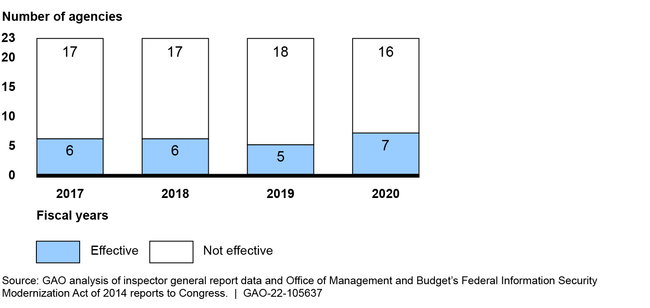CISSP Certification Exam Cost And Requirements – Forbes Advisor
Editorial Note: We earn a commission from partner links on Forbes Advisor. Commissions do not affect our editors’ opinions or evaluations.
The Certified Information Systems Security Professional (CISSP) credential demonstrates mastery of developing and overseeing large-scale cybersecurity programs. When it comes to the best cybersecurity certifications, many consider CISSP the industry’s gold standard. Individuals who meet CISSP requirements can earn the certification and qualify to take on more professional responsibility in their field.
This guide offers information on CISSP certification requirements, including experience, suggested preparation times and CISSP certification exam costs.
What Is CISSP Certification?
CISSP certification, offered by (ISC)2, is an advanced credential for information systems and cybersecurity professionals. This certification highlights an individual’s ability to create, deploy and manage cybersecurity efforts for large organizations.
CISSP certification requirements include a significant amount of professional experience and passing a lengthy exam. This credential suits experienced workers over entry-level and mid-level professionals.
Though this certification is not required by employers, it can boost candidates’ earning power and help them qualify for advanced roles in information security. CISSPs often work in positions like chief information security officer (CISO), network architect, security auditor and security manager, among others.
CISSP Certification Requirements
Aspiring CISSPs should familiarize themselves with the certification’s requirements before pursuing this credential.
Gain Experience
CISSP certification requirements stipulate that each candidate must have a minimum of five years of relevant professional experience. (ISC)² specifies eight security domains:
- Domain 1: Security and Risk Management
- Domain 2: Asset Security
- Domain 3: Security Architecture and Engineering
- Domain 4: Communication and Network Security
- Domain 5: Identity and Access Management (IAM)
- Domain 6: Security Assessment and Testing
- Domain 7: Security Operations
- Domain 8: Software Development Security
Prospective…





